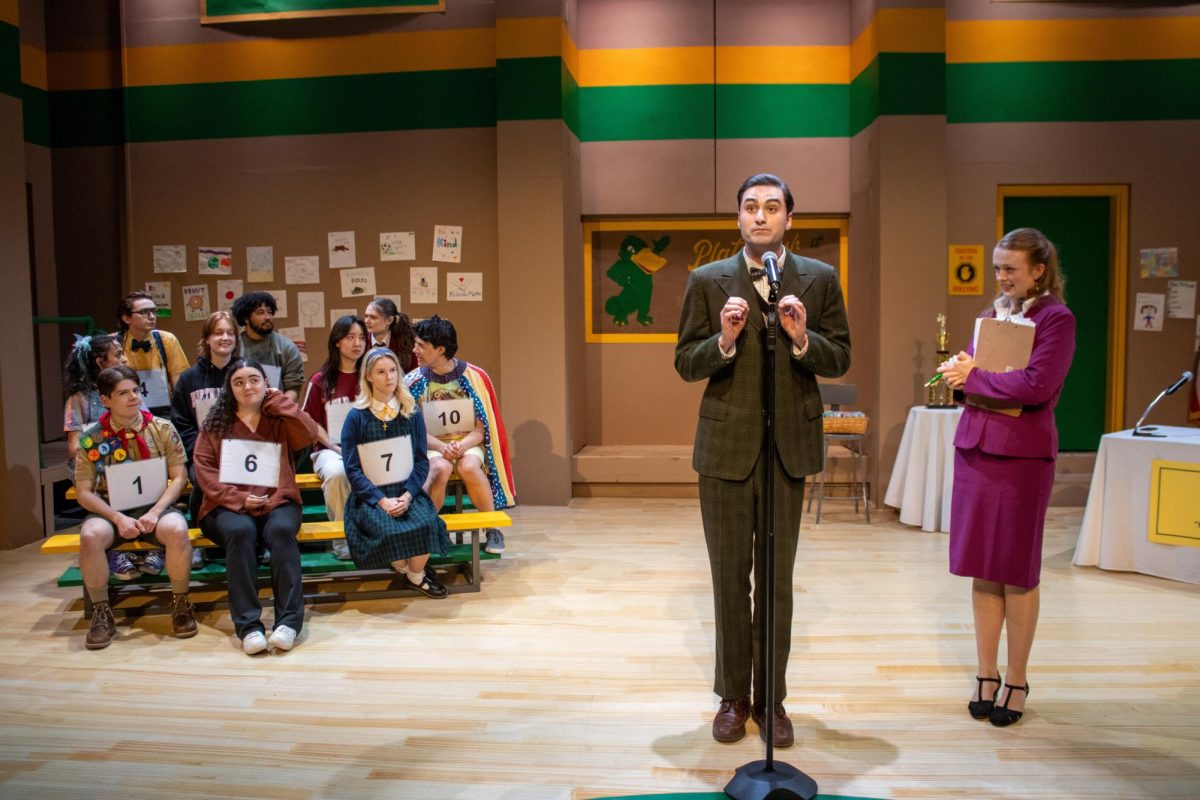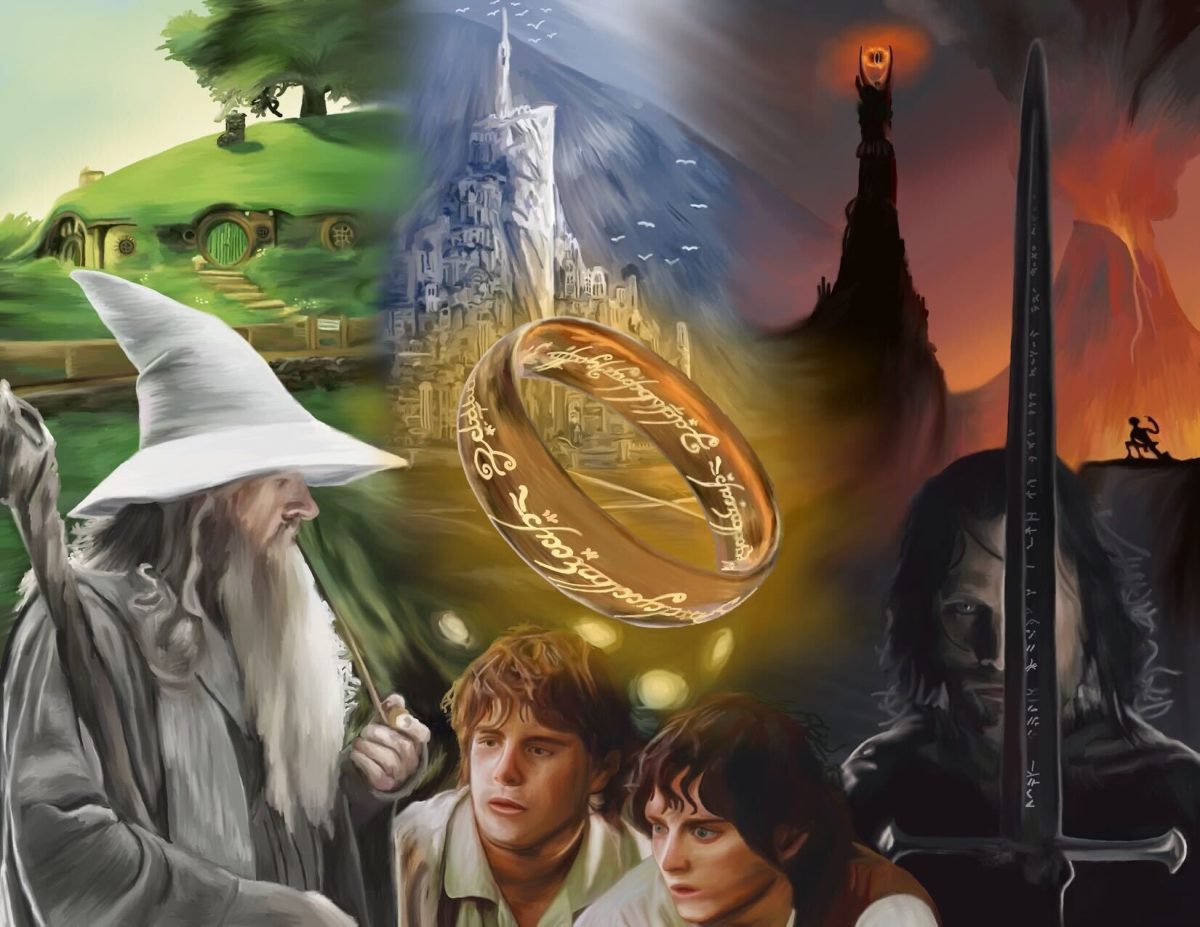In past years, historically white industries have made sweeping efforts to promote diversity and spotlight Black culture. But writer-director Cord Jefferson is not buying the apparent goodwill of these leaders and companies. In his satirical dramedy “American Fiction,” Jefferson tackles the hypocrisy that, he argues, is continuing to silence Black voices across the world.
Nominated for five Academy Awards, including Best Picture, “American Fiction” stars Jeffrey Wright as Thelonious “Monk” Ellison, a brilliant but reclusive African American author who has distanced himself from his dysfunctional family. Frustrated by the poor sales of his convoluted “white” books, Monk jokingly pens a “Black” book that feeds into Black stereotypes, only to find this book to be resoundingly embraced by white readers.
Jefferson’s film heavily satirizes white establishments through the book industry’s treatment of Black authors. In an early scene, Monk lividly watches a Black female author (Issa Rae of “Insecure” fame) conduct a reading of her highly successful novel, a story of a struggling African American family, that is laced with cliches placed upon the Black community by white people. The reading is met with a standing ovation by its largely white audience.
Similar occurrences appear throughout the film, and it becomes clear that the white readers are only interested in Black stories when they can further their own agendas. Jefferson’s portrayal of white supporting characters compared to its Black leads is a noticeable retraction from dated film standards that stereotyped Black actors for decades. Whereas films would star white actors and regulate Black actors to stereotypical supporting roles, “American Fiction” stereotypes the white people who attempt to hide their continued dominance over their Black counterparts.
Behind the deconstruction of racial issues in the United States, “American Fiction” contains profound family drama that gives the film an emotional core. Tracee Ellis Ross and Sterling K. Brown play Monk’s siblings, and their performances provide a glimpse into the demons that have plagued Monk’s happiness. Jefferson’s empathetic screenplay makes these characters relatable and gives the film an emotional touch that one cannot help but admire.
Unfortunately, the film fails to connect its two plots coherently, and “American Fiction” feels like separate movies thrown into the too-short runtime of one hour and 57 minutes. The family subplot is largely separated from the main story and, at times, draws interest away from the main satirical elements of the film.
The comedy also largely overstays its welcome and becomes stale by the film’s end. Jefferson’s scathing portrayal of racial power dynamics is thought-provoking, but the jokes are repeated to the point that they become distracting. Worse, the redundancy of the film’s themes results in the characters’ arcs being unresolved.
By the time the credits roll, “American Fiction” feels incomplete. Despite a clever screenplay and stellar performances from Wright, Brown and Ross, the film juggles so much that it cannot do justice to all its good ideas. “American Fiction” could have been two great standalone films with its dual storylines, but for a single movie, the lack of coherence between them is detrimental to the film’s quality.
Despite its shortcomings, “American Fiction” has a lot to say. Its themes are timely, necessary and a direct reminder of how much work still must be done to create a truly equal United States. Although certain creative decisions will divide viewers — as intended by Jefferson — these choices are less vital than the overall message it aims to convey.
“American Fiction” is a flawed but important film that is worth watching. Its laugh-out-loud moments and terrific performances make it an enjoyable film whose messages will linger with those who view it.























